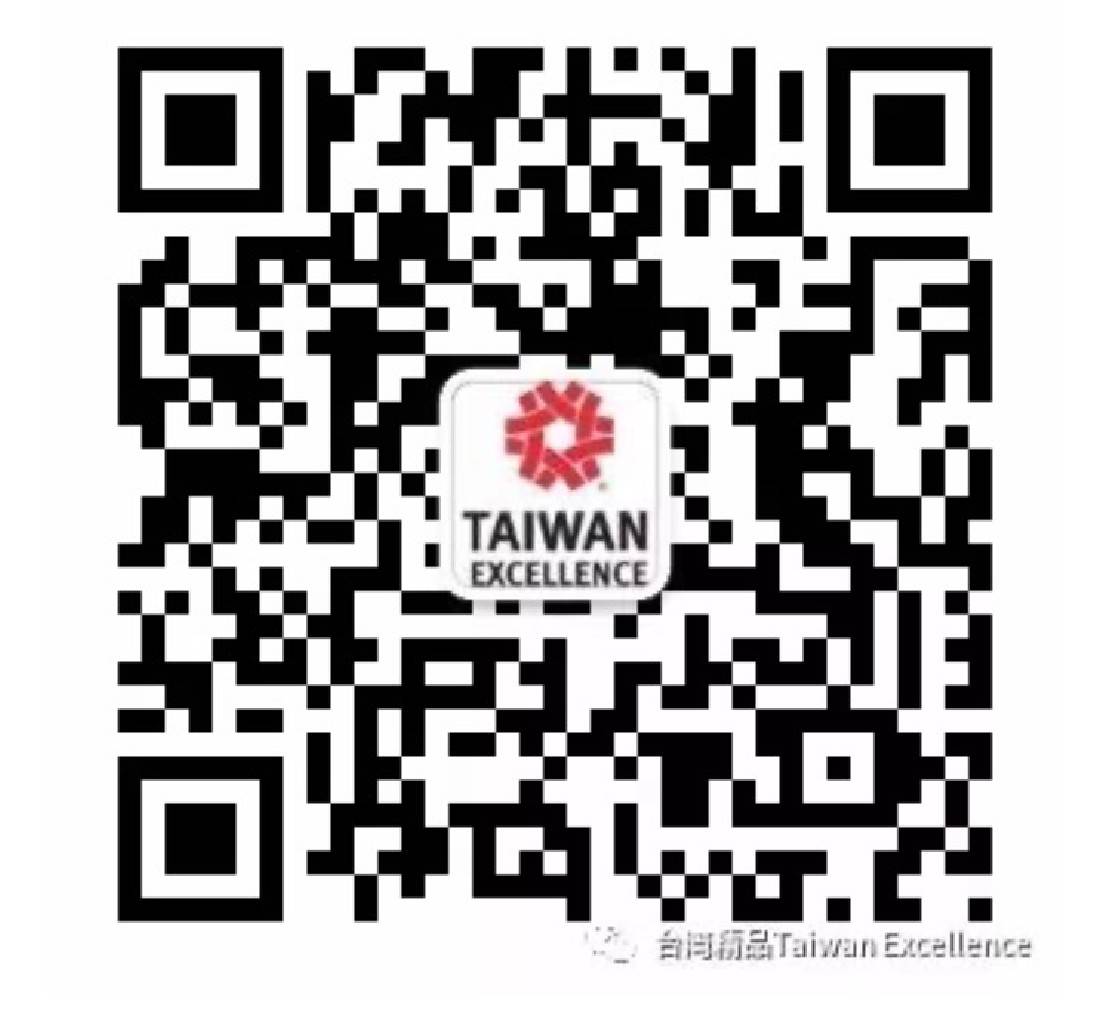
請用 Wechat 掃描台灣精品QRcode 或 搜尋ID: TaiwanExcellence
Taiwan's textile industry mainly comprises up-stream and mid-stream companies, while most down-stream clothing companies invest in production facilities overseas, which drive development of up- and mid-stream industries. There were more than 4,300 textile and clothing factories in Taiwan in 2016, with a total output value reaching NT$398.5 billion. Up-stream and mid-stream companies accounted for 94.5 percent of the textile industry's output value last year.
Taiwan's textile industry focuses on the development of functional fabrics, and mainly provides functional textiles made from chemical fibers, such as polyester and nylon, which are applied in middle to high-end sports, leisure, and outdoor clothing (including athleisure clothing and urban outdoor clothing). Main fabric types include fine denier fabric, fabric with high elastic fiber content, environmental fabrics (such as recycled polyester and dope dyed fabric), and finished fabrics using multiple techniques. Production of functional fabrics processed in bulk (such as fabrics without elastic fibers or low content of elastic fibers) gradually moved to the overseas facilities of Taiwanese companies in Southeast Asia. According to estimates of the Taiwan Textile Research Institute's ITIS research team (April, 2017), the output value (including overseas production) of Taiwan's functional fabrics accounted for roughly 50 percent of global output value of functional fabrics, making Taiwan the world's largest functional fabric production base.
The competitive advantages of Taiwan in functional fabrics include:
Strong development and integration abilities for functional artificial fibers, and an excellent ability to provide a wide variety of differentiated and customized fabrics in small quantities.
Coating and laminating technologies are mainly applied in making outdoor clothing and coats water-vapor permeable and liquid-water impermeable. Taiwan's coated and laminated fabrics have the competitive advantage of high C/P ratios.
Taiwan has excellent capabilities to reproduce the quality of dyeing and finishing of elastic fabrics with fine denier filament fibers (including polyester and nylon), to produce a wide variety of fabrics in small volumes with a short delivery time.
Overview of imports and exports of Taiwan's Textile Industry
In 2016 the total export and total import values of Taiwan's textiles were US$9.904 billion and US$3.308 billion, respectively. An analysis of export value shows the main export items are fabrics (68%), followed by yarn (14%), fibers (8%), worn apparel and clothing accessories (6%), and miscellaneous textiles (4%). Analysis of import value shows the main import items are worn apparel and clothing accessories (55%), followed by fabrics (13%), fibers (12%), yarn (11%), and miscellaneous textiles (9%).
Analysis of export destinations shows that the United States as Taiwan's third largest export market with an export value of US$764 million, accounting for eight percent of total export value, in which the main export item is fabrics. As for region of imports, the United States is the fourth largest source of imports at US$205 million, accounting for six percent of total import value, in which the main import item is fibers.
Development trends in Taiwan's textile industry
Development of environmental functional textiles
The global consumer market for clothing and home and furniture textiles is developing towards functional and environmental textiles. The aim of functional textiles is not only to be fashionable, but also ergonomic and functional, so that they can be worn with comfort, safety, and health. The key to environmental textiles is low pollution and energy consumption in the production process, and the ability to be recycled, with less burden to planet Earth. Taiwan's textile industry will add new environmental elements on its foundation of functional textiles research and development, and develop textiles that are both environmental and functional.
Development of smart textiles with potential
Smart textiles have gained popularity and importance in recent years, and are viewed as one of the key industries for future development. In addition to smart wearable devices for sports, health care is a development trend emerging in response to an aging population. For example, attention will be directed to developing smart textiles that are comfortable and have sensor and data interpretation functions. Taiwan has an advantage in smart textiles from the technologies of its semiconductor and biomedical industries, as well as electronic components. Taiwan also emphasizes cross-industry integration and innovation, which has driven growth of the overall supply chain, in the implementation of a blue ocean strategy to create products with higher added value.
Resources: Taiwan Textile Federation, Taiwan Textile Research Institute's ITIS research team
Previous article

2017-07-18
Next article

2017-07-18